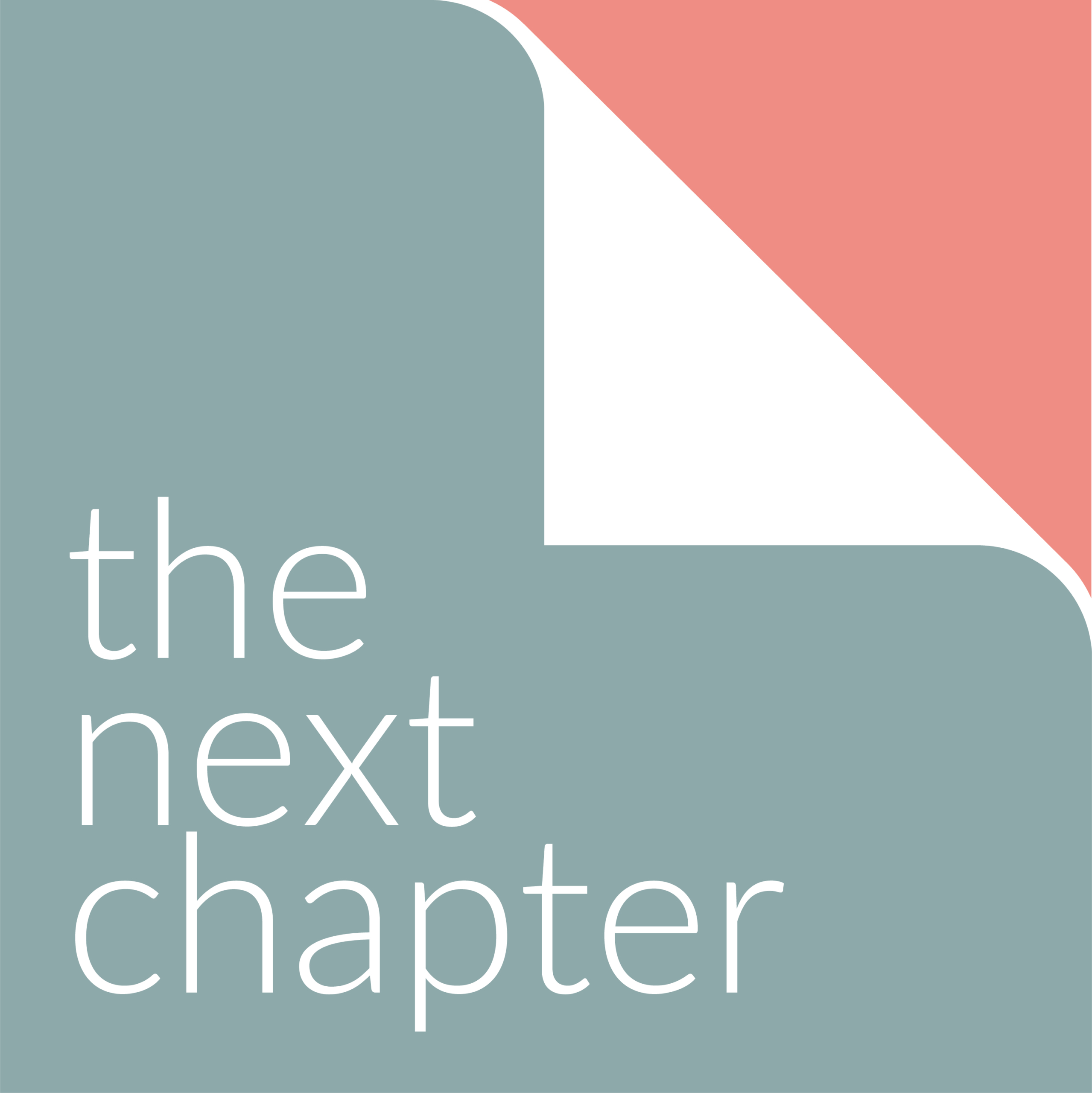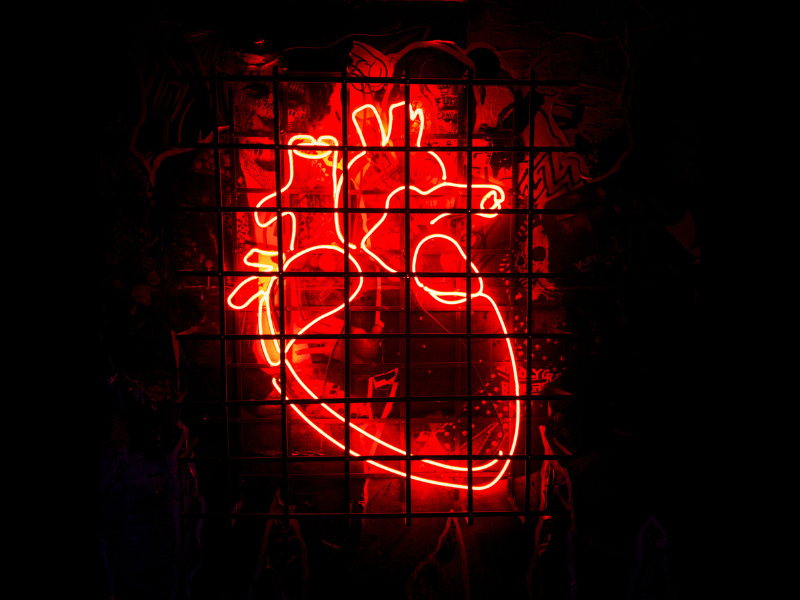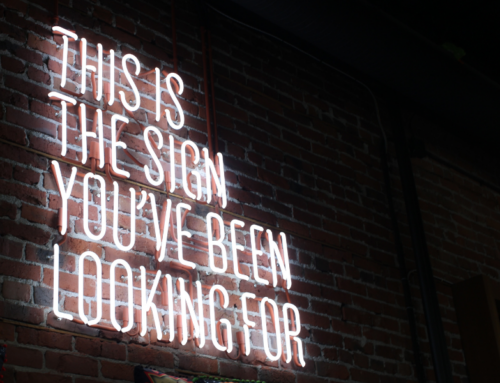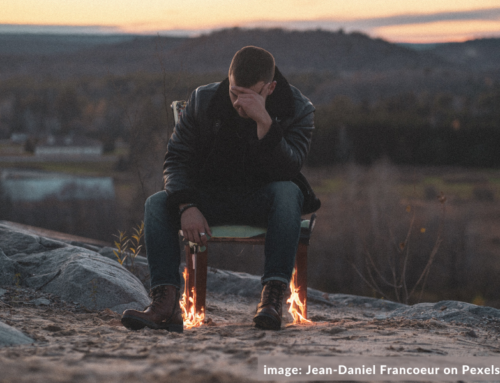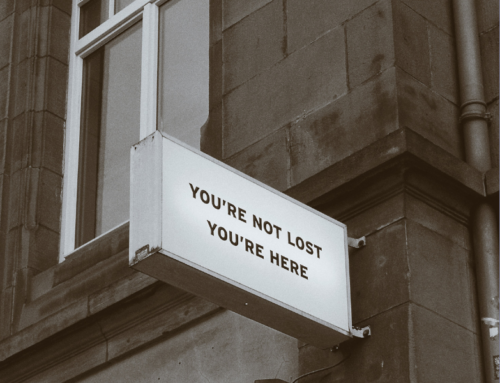When are you ready for a relationship? A lot of advice focuses on romantic relationships and suggests you have to fix your issues and be okay ‘on your own’ first. This is well-intentioned. It is meant to save people from asking too much of romance – from thinking that finding a partner is the answer to everything. When you focus on yourself, you don’t have to wait for someone to come along in order to get on with your life. You are not defined by your roles and relationships to others. But, in our already individualistic culture, it’s easy to miss the other equally important point: people need love. Not romcom love, not necessarily romantic love, but certainly love.
Everyone needs intimate, meaningful relationships, affection and connection throughout life. As we talked about in our May 2022 article, loneliness is a kind of hunger.
So, here’s what I would add to the standard ‘be okay on your own’ advice…
you don’t have to ‘fix’ yourself before being in relationships with others
You’re a responsive, living being – not a broken machine. You will keep changing and learning more about yourself throughout your life, fingers crossed. Don’t feel you have to present yourself as a finished item (best not to, actually). And everyone deserves love at every stage in their life – including you.
you learn a lot about yourself *through* your relationships with others
Intimate relationships – especially romantic and sexual relationships – will bring up all sorts of emotional ‘stuff’ that wants attention, and that’s a good thing. It’s not comfortable, but it’s deeply meaningful and worthwhile.
“Safe relationships don’t always feel good. You will be in tears with each other having tough conversations and facing the wounded parts of yourself. Safe relationships just won’t weaponise or shame those parts of you.” (Nicole Le Pera, The Holistic Psychologist)
people need other people
We all need close relationships. At times, we will all need to lean on others, metaphorically or physically. This does not have to include romantic or sexual relationships. It’s about having meaningful partnerships, in the right forms for you, for now. That could include fellowship, care, guidance, friendship, romance or something else – one isn’t better than the other. The important point is: people need a level of intimacy with other (safe) people, for health and wellbeing.
you learn by doing
You learn the skills for being in healthy relationships by being in relationships. Specifically, with others who are also committed to learning and practising these skills. You don’t learn relationship skills by long periods of isolation and lack of intimacy (as many will testify from lockdowns). It’s not much of a spectator sport – you’ve really got to be in the game.
what if you can’t find a safe, intimate relationship?
It is not your fault if you can’t seem to get or keep the healthy, close relationships you need. There are so many cultural, social and economic factors that cause isolation. Plus, your early childhood shapes your feelings about adult relationships very deeply, outwith your conscious awareness. For many people, this means relationships are fraught with anxiety, distress and fear.
“When you are not fed love on a silver spoon, you learn to lick it off knives.” (Lauren Eden, poet)
Then there are your experiences as a teen and young adult, which might have been heartbreaking, overwhelming or traumatic. You might have had to withdraw for self-protection. Many people grow up without seeing any adults having the types of relationships they would want. You might have been given very limiting messages about what you can have. And if you are neurodivergent, you might have been left totally flummoxed by friendships and dating in the neurotypical world.
Not. Your. Fault.
Still, and even though you can’t change all of that, you don’t have to be stuck.
counselling can help
If you’re struggling to forge the types of connection you want, counselling can help. There is relationship counselling for partnerships. This can be a powerful way to make sense of what has happened between you, improve your communication and break your patterns. But 1:1 counselling is also relevant to relationships of all kinds. Whether you focus on childhood, shame, trauma, anger, self-criticism, sex, sexuality, gender, money, grief, fear, depression, anxiety, addiction… almost anything you discover about yourself in therapy will change the quality of the relationships you have from then on.
you’re already connected
We’re all in relationship (in a much wider sense) with the rest of the human and more-than-human world. We can’t actually get out of that – even if we think we’d like to. The only question is the quality of that relationship – and you can change that too. Books by disabled writers on interdependence and care, and indigenous writers on the kinship worldview, offer a remedy for our fractured sense of belonging and connectedness that reaches far beyond what we typically talk about when we talk about ‘relationships’.
adjusting expectations
The over-simplified fairytale that finding The One will save you, complete you, mend your broken heart, solve your problems, and make you happy is really unhelpful. It tends to lead straight to disappointment and confusion. Culturally, we need to lower our expectations of what one relationship can do for us. No one person can be our ‘everything’, all the time, forever.
At the same time, we need to raise our expectations for the depth, breadth and quality of connections we can have. To borrow from relationship therapist and author Esther Perel: you do not have to live off crumbs. You deserve to be safe and valued and loved, in abundance.
here’s a list of books on this topic – click on a jacket picture to go straight to the details of that book, or click on the list title to see our full list on Bookshop…
All book links take you to our pages on Bookshop – the platform for independent bookshops.
If you buy a book from these links, we get 30% of the sale, which we put towards providing low-cost counselling and other wellbeing services. So your book contributes to your wellbeing (we hope) and to others’ too.
Please email info@thenextchapter.org if you have any questions about the books or would like to get some personalised recommendations.
